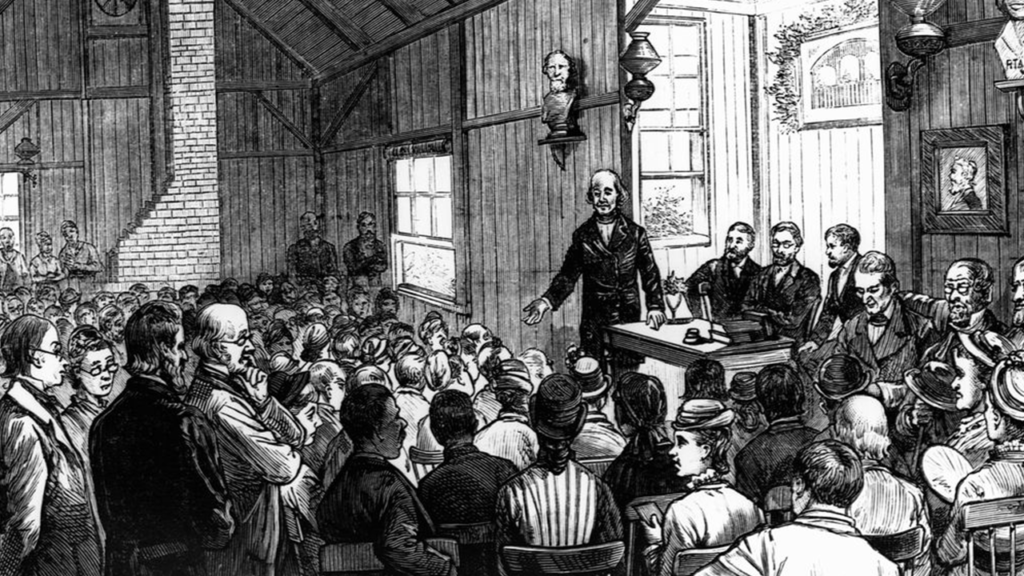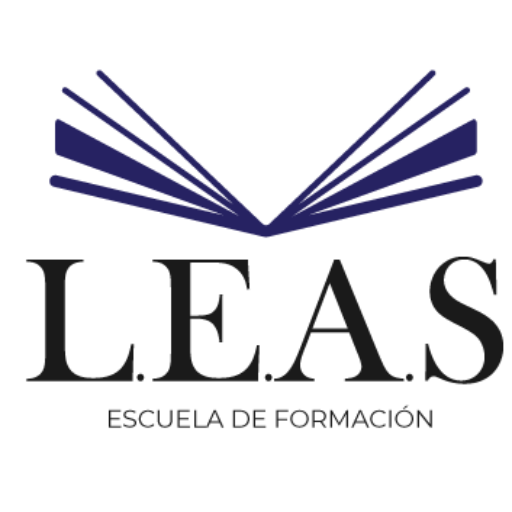
Introduction to the class on Transcendentalism
The American Experience: Celebration of the Self and the
American Dream. Transcendentalism and its evolution through
time.
DOCENTES: LEONOR COZZOLINO
ANDREA CRUZ
EDUARDO GEMETTO
Jueves de marzo de 2026 de 19:00 a 21:00
Dictado en inglés
$55.000 argentinos y residentes argentinos.
USD55 para extranjeros
Consultas
Course description:
The American experience has a natural correlation with the literature
it has produced. In consistency with this premise, the one theme that
strikes us as all-American is what we may call The Celebration of
the Self or The Cult of the Individual, with its most clearly related
theme –The American Dream. The Celebration of the Self involves
a kind of religious secularism implying the celebration of what is
genuine and uncontaminated. The celebration of the Self expresses
a joyful approval of life and has an affirmative quality which
ultimately derives from the pioneer spirit. It seems as though the
new land had given the early settler the illusion of having unlimited
powers, of being almost Godlike. This sense of omnipotence is
present in all of the literary works selected to illustrate this theme.
And it is in the works of Emerson and Whitman that this expansive
spirit is reflected most clearly, paving the way for future authors who
became part of this tradition.
We will start by dealing with the work of Ralph Waldo Emerson.
Our first class will focus on Emerson’s famous essay, Nature, where
he develops his theory of what Transcendentalism means and
provides a poetic description of the mystical experience whereby the
poet merges with Nature and the “oversoul” or universal spirit that
substitutes for the traditional view of God. We will also discuss
excerpts from The American Scholar, where Emerson deals with the
role he expects the American intellectual to play in this new ideal
society he envisions.
Our second class will establish a link between Emerson’s ideas and
the poetic experience of Walt Whitman. We will be analyzing
selected cantos of Whitman’s “Song of Myself”, from Leaves of
Grass, which expresses the buoyant spirit behind Whitman’s
celebration of the Self and his journey towards transcendent reality.
Our third class will deal with Emily Dickinson’s poetry. We will be
analyzing selected poems by Emily Dickinson, showing her stylistic
innovation and elaborating on her favorite themes, mainly eternity
and immortality. The representation of abstractions through natural
objects and her influence in the imagist movement will be
highlighted. Dickinson’s contribution will be reinforced by the reading
of William Carlos Williams’ poem Spring and All, an imagist
expression of Dickinson’s universe.
Finally, our last class will be focused on a film, Midnight Cowboy
(1969), directed by John Schlesinger, as the summary and reflection
of the American values explored in the literary texts which depicts
the human condition of the contemporary world. This film shows the
true friendship between two marginal characters, both losers in rich
and violent New York city. Throughout the film, there is a sharp
contrast between the two friends’ genuine humanity versus the fake
splendor of American society. The theme of authenticity and
innocence versus corruption is sustained throughout the story and
uncontaminated radiance appears to prevail in the midst of a corrupt
world.
Dictado por:
Andrea Cruz
Doctoranda en letras, licenciada en lengua y literatura inglesa,
y traductora literaria y pública de inglés. Su tema de investigación reside en la poesía, traducción y literaturas comparadas de la obra poética de Emily Dickinson y poetas argentinas. Ha sido docente de estudios socioculturales y literarios, y de investigación terminológica aplicada a la traducción en la Universidad de la Buenos Aires. Asimismo, es autora del libro Quién es noche.
Relatos más allá del umbral editorial (GG Editora) que se presentó en
noviembre de 2024.
Leonor Cozzolino
Profesora Nacional de Inglés egresada del IES
en Lenguas Vivas Juan Ramón Fernández y Master of Arts in
English con especialidad en Literatura Norteamericana otorgado por Michigan State University a través de una beca de la Comisión Fulbright. Obtuvo a su vez una beca del United States Information Service para representar a la Argentina en un Programa Internacional para profesores de Inglés a cargo del área de Formación Docente en organismos oficiales de Europa, Asia y America Latina.
Su actuación docente en literatura incluye instituciones como el IES
en Lenguas Vivas “Juan Ramón Fernández”, la Asociación Ex Alumnos de Lenguas Vivas “Juan Ramón Fernández” y la
Universidad Nacional de San Martín.
Asimismo, ha dictado conferencias, seminarios y talleres en la Academia Nacional de Educación, la Asociación Ex Alumnos de Lenguas Vivas y la Universidad Nacional de San Martín. También
participó en numerosas jornadas y congresos organizados por la
Asociación Argentina de Estudios Americanos y la Universidad Nacional de General San Martín.
Eduardo Gemetto
-Profesor de Inglés egresado del Profesorado Superior J. V. González.
-Licenciado En Lengua Inglesa egresado de la Universidad del Salvador.
-Actualmente es Profesor de Literatura Británica y Estadounidense II en la Universidad del Museo Social Argentino.
-Profesor de Cine y Literatura en la Universidad Nacional de San Martín.
-Profesor de Cultura IV en el Liceo Superior de Cultura Inglesa.
